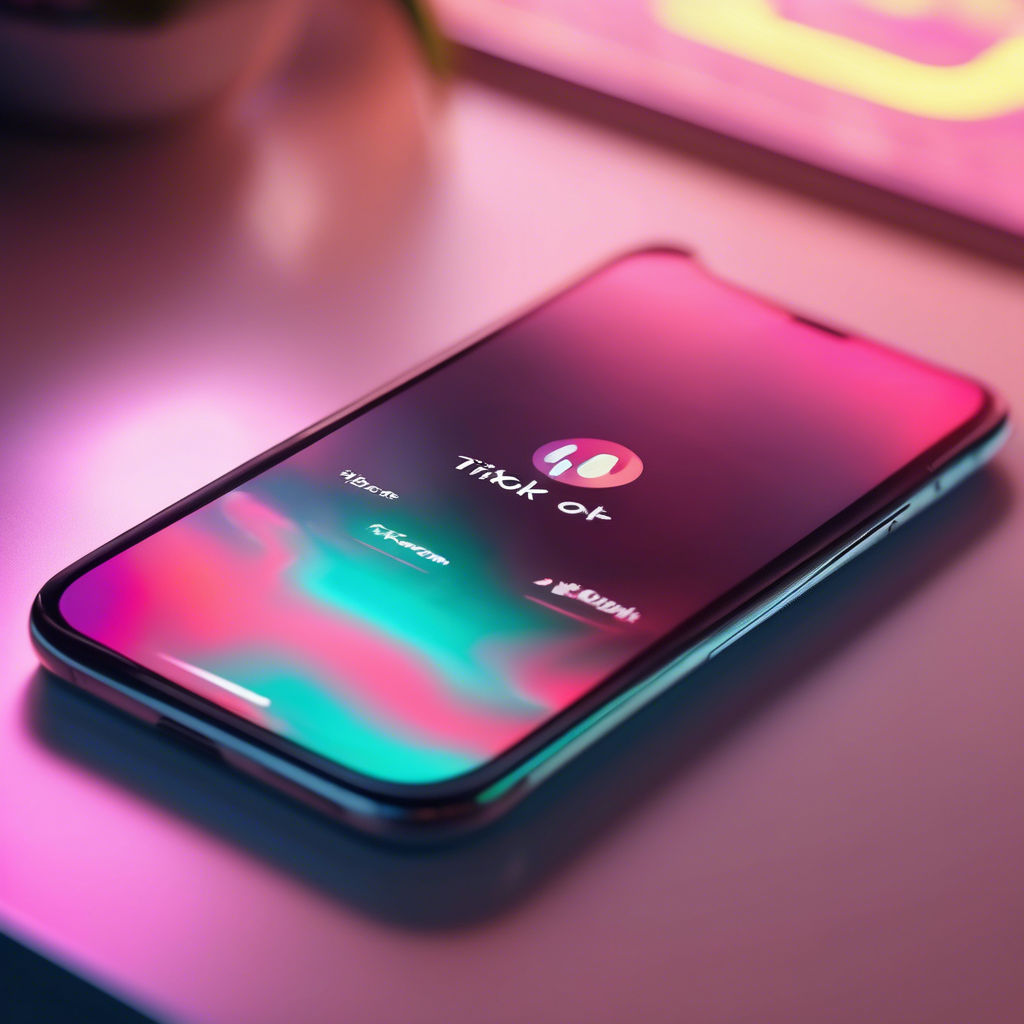How Blockchain Technology is Revolutionizing Healthcare Data Security and Interoperability

The healthcare industry is undergoing a significant transformation as it increasingly adopts blockchain technology to address some of its most critical challenges. Concerns such as data security, interoperability among various healthcare systems, and patient privacy have long troubled providers, patients, and regulators alike. Blockchain technology, with its distinctive features, offers promising solutions that have the potential to revolutionize how healthcare data is managed and secured. One key benefit of blockchain in healthcare is its ability to create immutable records. Unlike conventional databases that can be changed or tampered with, blockchain guarantees that patient data remains unalterable. Each transaction or data input is securely stored in a distributed ledger, accessible only to authorized personnel within the healthcare network. This not only bolsters the integrity of patient information but also fosters trust among patients who can be confident that their sensitive data is well protected. In addition to enhancing security, blockchain promotes better interoperability across healthcare systems. Medical data often exists in various databases and formats spread among hospitals, clinics, laboratories, and insurance companies. Such fragmentation can cause delays, redundant testing, and errors in diagnoses or treatments.
Blockchain enables these diverse systems to communicate more seamlessly by providing a unified, secure platform where patient records can be accessed and updated in real time by authorized parties, regardless of their institutional affiliations. Healthcare administrative tasks like billing and claims management have traditionally been laborious and error-prone. These inefficiencies lead to higher operating costs and slower reimbursement processes. By automating and optimizing these workflows through blockchain-powered smart contracts, healthcare organizations can lessen administrative burdens, reduce mistakes, and accelerate transactions, resulting in cost savings and enhanced financial transparency throughout the sector. Encouragingly, numerous pilot initiatives in hospitals and clinics worldwide have demonstrated clear benefits from integrating blockchain into healthcare delivery. These projects have highlighted improved patient outcomes due to more accurate and timely data sharing among care providers. Examples include advancements in patient consent management, medication tracking, and clinical trial data collection through blockchain applications. As the healthcare field continues to investigate blockchain’s potential, it is increasingly evident that this technology could be pivotal in shaping the future of patient care. By offering a secure, interoperable, and efficient framework for managing health data, blockchain is poised not only to enhance operational efficiency but also to give patients greater control over their personal health information. While challenges persist—such as scaling blockchain systems to handle vast healthcare data volumes and ensuring compliance with rigorous regulatory standards—the ongoing experimentation and investment reflect a strong commitment to overcoming these barriers. As blockchain technology matures, it is set to become an essential component of healthcare infrastructure, ushering in a new era of secure, transparent, and patient-centered healthcare delivery.
Brief news summary
The healthcare industry is increasingly embracing blockchain technology to tackle key challenges such as data security, interoperability, and patient privacy. Blockchain’s immutable ledgers ensure patient records remain secure and accessible only to authorized personnel, enhancing data integrity and trust. This technology allows real-time updates and smooth information sharing across hospitals, clinics, labs, and insurers, minimizing errors and delays. Additionally, smart contracts automate administrative processes like billing and claims, reducing costs and speeding up reimbursements. Numerous global pilot projects showcase blockchain’s ability to manage patient consent, track medications, and gather clinical trial data, contributing to better health outcomes. While challenges like scalability and regulatory compliance remain, sustained investments signal blockchain’s transformative potential in healthcare. Ultimately, blockchain offers a secure, transparent, and efficient framework that empowers patients and promises to revolutionize healthcare delivery worldwide.
AI-powered Lead Generation in Social Media
and Search Engines
Let AI take control and automatically generate leads for you!

I'm your Content Manager, ready to handle your first test assignment
Learn how AI can help your business.
Let’s talk!

Introducing AI Alive: Bringing Your Photos to Lif…
Creativity ignites inspiration, joy, and deeper connections for over one billion people on TikTok.

Crypto Crescendos and Crashes: When Music Artists…
Cryptocurrency promised to revolutionize the music industry.

'We're Definitely Going to Build a Bunker Before …
OpenAI, initially lauded for its mission to develop artificial general intelligence (AGI) for humanity’s broad benefit, is currently embroiled in internal conflict and a shifting strategic focus that has sparked debate within tech and ethics circles.

CFTC Commissioner Mersinger to Be CEO at Blockcha…
Summer Mersinger, a Republican commissioner at the Commodity Futures Trading Commission (CFTC), is set to become the next chief executive of the Blockchain Association, a top official from the organization confirmed on Wednesday.

Intel's Race for Second and India's Deep Tech Fun…
This week's technology roundup highlights significant global developments shaping the semiconductor and technology sectors, driven by shifting policies, market goals, and regional growth trends.

Practitioners: Shrewd Innovation Merges Death and…
The 2025 FT Innovative Lawyers Awards once again recognize outstanding legal professionals driving transformative change across law and various industries through ingenuity and innovation.

Google Hits 150 Million Users for Subscription Se…
Alphabet's Google One subscription service has achieved remarkable growth, reaching 150 million subscribers—a 50% increase since February 2024.

 Auto-Filling SEO Website as a Gift
Auto-Filling SEO Website as a Gift








 Auto-Filling SEO Website as a Gift
Auto-Filling SEO Website as a Gift

